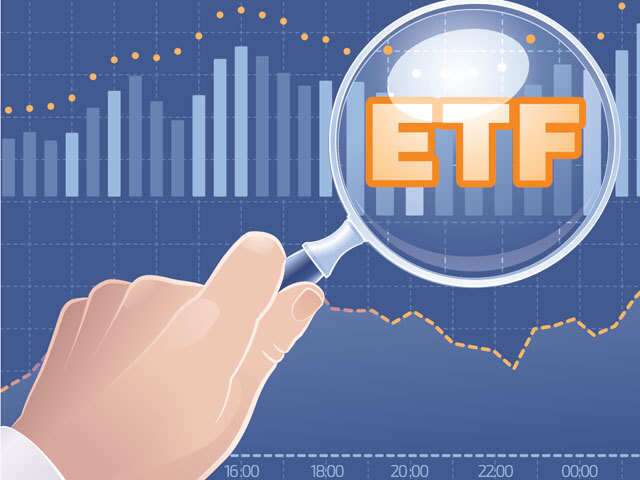For months, a number of the greatest gamers within the U.S. media business have been in confidential talks with OpenAI on a difficult problem: the worth and phrases of licensing their content material to the substitute intelligence firm.
The curtain on these negotiations was pulled again this week when The New York Instances sued OpenAI and Microsoft for copyright infringement, alleging that the businesses used its content material with out permission to construct synthetic intelligence merchandise.
The Instances mentioned that earlier than suing, it had been speaking with the businesses for months a couple of deal. And it was not alone. Different information organizations — together with Gannett, the biggest U.S. newspaper firm; Information Corp, the proprietor of The Wall Road Journal; and IAC, the digital colossus behind The Day by day Beast and the journal writer Dotdash Meredith — have been in talks with OpenAI, mentioned three folks aware of the negotiations, who requested anonymity to debate the confidential talks.
The Information/Media Alliance, which represents greater than 2,200 information organizations in North America, has additionally been speaking with OpenAI about developing with a framework for a deal that will swimsuit its members, an individual aware of the talks mentioned.
Microsoft, which is OpenAI’s greatest investor and is incorporating OpenAI’s know-how into its merchandise, has held talks as properly. “We’ve had considerate conversations with quite a lot of publishers, and stay up for future discussions,” mentioned Frank Shaw, a spokesman for Microsoft.
Corporations like OpenAI and Microsoft have sought licensing offers with information organizations to coach A.I. programs that may produce humanlike prose. These programs in flip energy functions like chatbots, from which the businesses can achieve income.
Almost a dozen publishing executives and media enterprise consultants say the talks have been sophisticated by the speedy growth of synthetic intelligence functions within the market, which has raised thorny points for the way forward for the media business.
In a press release, OpenAI mentioned that it revered the rights of content material creators and homeowners and that it believed they need to profit from A.I. know-how, citing its offers with The Related Press and the German publishing conglomerate Axel Springer.
“We’re persevering with to have productive conversations with a lot of them world wide to debate their questions on A.I.,” Kayla Wooden, a spokeswoman for OpenAI, mentioned in a press release. “We’re optimistic we’ll proceed to search out mutually useful methods to work collectively in assist of a wealthy information ecosystem.”
Information publishers have had precarious relations with tech corporations since shedding a lot of their conventional promoting companies to newcomers like Google and Fb greater than a decade in the past, and publishing executives are cautious of promoting their content material too cheaply.
“I feel a part of the rationale information organizations are actually trying so fastidiously at OpenAI is as a result of they’ve 20 years of historical past indicating that if we’re not cautious, we’ll give away the keys to the dominion,” mentioned Andrew Morse, the writer of The Atlanta Journal-Structure, the flagship newspaper of Cox Media Group, which isn’t in talks with OpenAI.
There may be additionally worry that synthetic intelligence functions could present inaccurate info citing their articles, damaging the businesses’ credibility.
“We’ve been by a interval of a decade of misinformation and disinformation, and that was pre-A.I.,” mentioned Ken Physician, a media analyst and entrepreneur. “Now with A.I. on the scene, we’re simply on the daybreak of the age the place anybody has the power to additional and multiply misinformation and disinformation. And that, in fact, terrifies information publishers.”
Nonetheless, some information organizations have struck offers. The settlement with The Related Press, introduced in July, permits OpenAI to license The A.P.’s archive of stories articles. The monetary phrases weren’t disclosed.
Axel Springer, whose holdings embody Politico and Enterprise Insider, went additional: This month, it struck a multiyear deal that gave OpenAI entry to its information archive and allowed the substitute intelligence agency to make use of newly revealed articles in apps like ChatGPT. The deal, which features a “efficiency price” primarily based on how a lot OpenAI makes use of its content material, is price greater than $10 million per yr, an individual aware of the settlement mentioned.
Some media corporations have determined to not search industrial offers with OpenAI. Bloomberg, which has an enormous information terminal enterprise that makes use of synthetic intelligence, has determined in favor of furthering its personal A.I. efforts, based on an individual aware of the corporate’s technique. The Washington Put up has additionally not been in negotiations with OpenAI in latest months, an individual aware of the corporate’s efforts mentioned.
Regardless of the stress between the information business and OpenAI, some publishing executives struck a measured notice on the potential upsides of A.I. Jim Friedlich, the chief govt of the Lenfest Institute for Journalism, the nonprofit proprietor of The Philadelphia Inquirer, mentioned information organizations and synthetic intelligence companies have been “more and more co-dependent,” since customers needed A.I. know-how with dependable info.
“It’s essential to all events to realize a settlement, and if potential that it’s carried out rapidly,” he mentioned. “Whether or not that takes months or years is anybody’s guess.”























